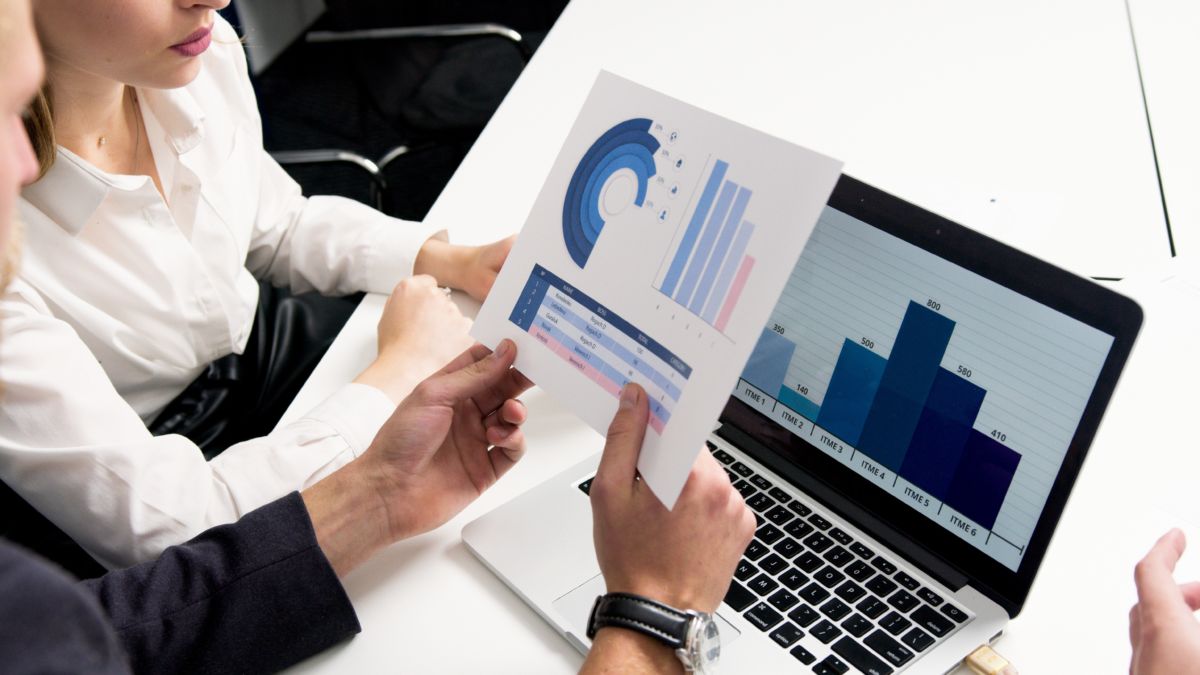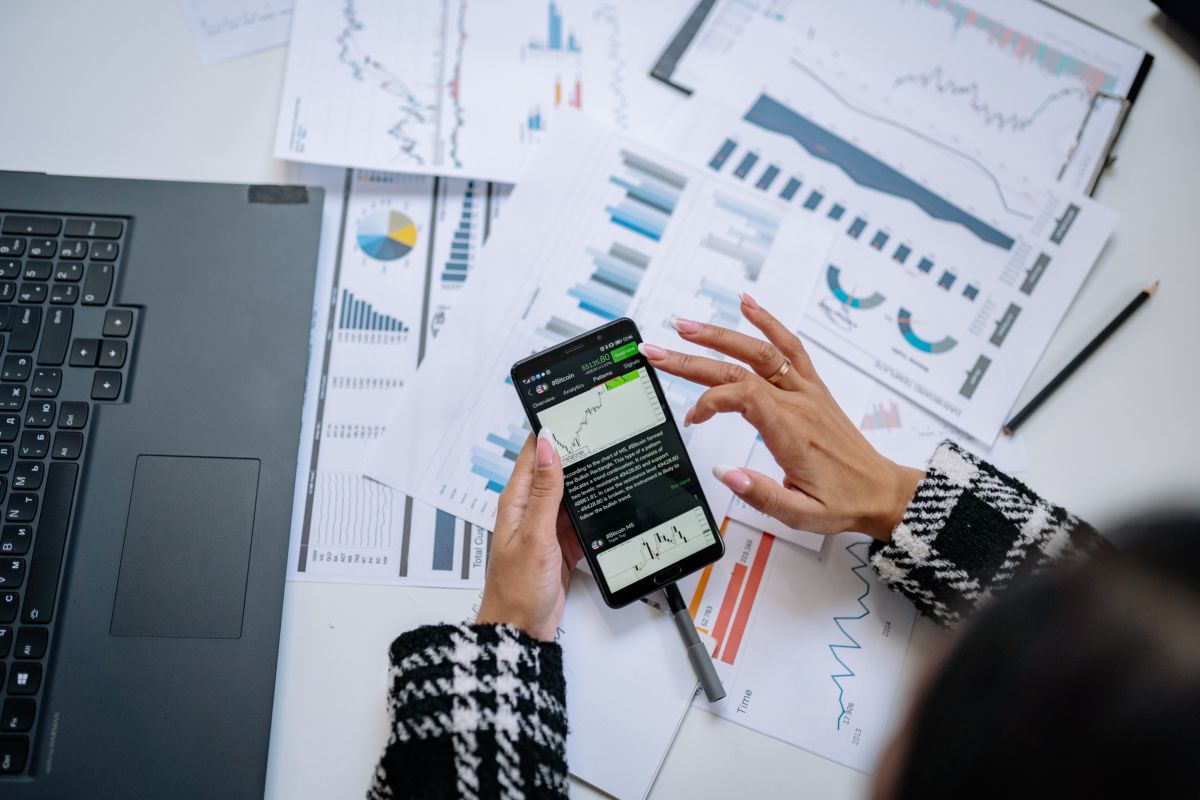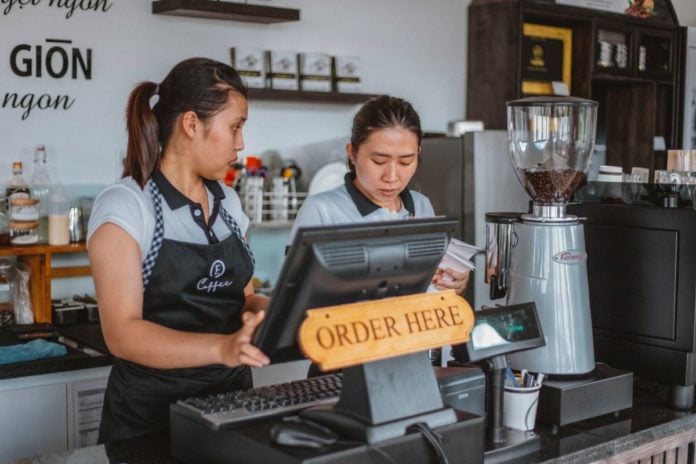Enterprise resource planning or ERP is software that centrally manages all information collected by a business, from inventory details to sales histories and customer data. Retail ERP is designed to specifically suit the needs of a retail business, which does not usually include manufacturing in its operations. Instead, retail stores need to be able to properly log each sale transaction and update their inventory immediately.
Businesses have many moving parts, and a good manager needs to be able to stay on top of everything. It can be particularly difficult to manage a business in a retail environment, where the sales occur at a fast pace and inventory is split between display and warehouse. If multiple stores are involved, there may even be different prices for the same products. Using a retail ERP system offers your company an easy solution to all these concerns.
Investing in retail systems that Philippine businesses trust can be a big undertaking for your company, but it can provide you with the following benefits.
Enable Integration with a POS System
A cash register can do so much more than just compute your total bill, produce receipts, and hold cash payments. A point of sale (POS) machine uses specialized software that records the details of each transaction. It then uploads information like the stock-keeping unit (SKU) numbers, prices and discounts applied, and even customer loyalty points into the retail ERP so all data is consolidated.
Have Better Visibility on Your Sales
Knowing what products sell well and how much revenue they bring in are crucial for your marketing decisions. Retail ERP can generate important sales reports in a matter of minutes, so the data you use for doing analysis is always accurate and up-to-date. This makes it easier to make good decisions on what products to stock, how to price them, and what promotions to run to maximize your sales.

Track Inventory Movement
Retail stores lose sales when they’re unable to keep products in stock, so good inventory management is needed to make sure that the displays are always replenished. In the case of perishable goods, retail ERP can also take note of expiration dates and shelf life. The system then creates an alert when these items need to be replaced with fresh orders from the supplier, or if new marketing strategies are needed to boost sales and minimize inventory losses.
Coordinate between Store and Warehouse
Inventory is usually stored in a centralized location like a warehouse, and stocks are sent to retail locations based on the projected demand in those stores. A retail ERP system is useful for that sort of forecasting so that stores that have more foot traffic or higher sales can have a bigger inventory allocation or a more frequent delivery schedule. It also automates coordination between the store and the warehouse so that store inventory is monitored by the system and the warehouse can already prepare products for delivery. In this way, the store is better able to avoid inventory shortages.
Promote Customer Satisfaction
Unlike business-to-business setups, retail establishments deal directly with the end consumers, which creates a much bigger customer pool. A good retail ERP system makes it possible to maintain good customer relationships as it can track their purchase history and offer them better value for their patronage. If you want to develop a loyal customer base, you can use the retail ERP system to create memberships and rewards programs that encourage repeat sales and support your marketing efforts. You can also use retail ERP to efficiently and effectively manage any customer concerns, which can contribute to increased customer satisfaction.
Manage Personnel and Motivate Performance
Retail establishments often staff salespeople to push products and encourage conversion. They may also incentivize performance by providing commissions to these employees. Besides keeping track of work shifts and ensuring that enough people are working during a shift, the retail ERP can also keep track of the percentage of sales that are allotted for commissions. This helps the company recognize its most valued salespersons and motivate them to maintain good work performance.

Support E-commerce Platforms
The accessibility of the internet means that more people are shopping online, and retail businesses need to have an online presence so as not to miss out on the opportunity to service a larger customer base. Electronic commerce or e-commerce platforms recreate the retail experience in a digital space, so businesses need to be able to integrate that into their retail ERP system. This ensures that sales transactions and inventory movements are tracked by the same programs, thus minimizing the risk for errors and keeping operations efficient.
Although getting a retail ERP may be a big investment, the benefits it delivers for retail businesses offer good returns. Apart from making it easy to integrate the different aspects of your retail operations, it provides you with the information you need to make better marketing decisions and develop a good relationship with your customers.
